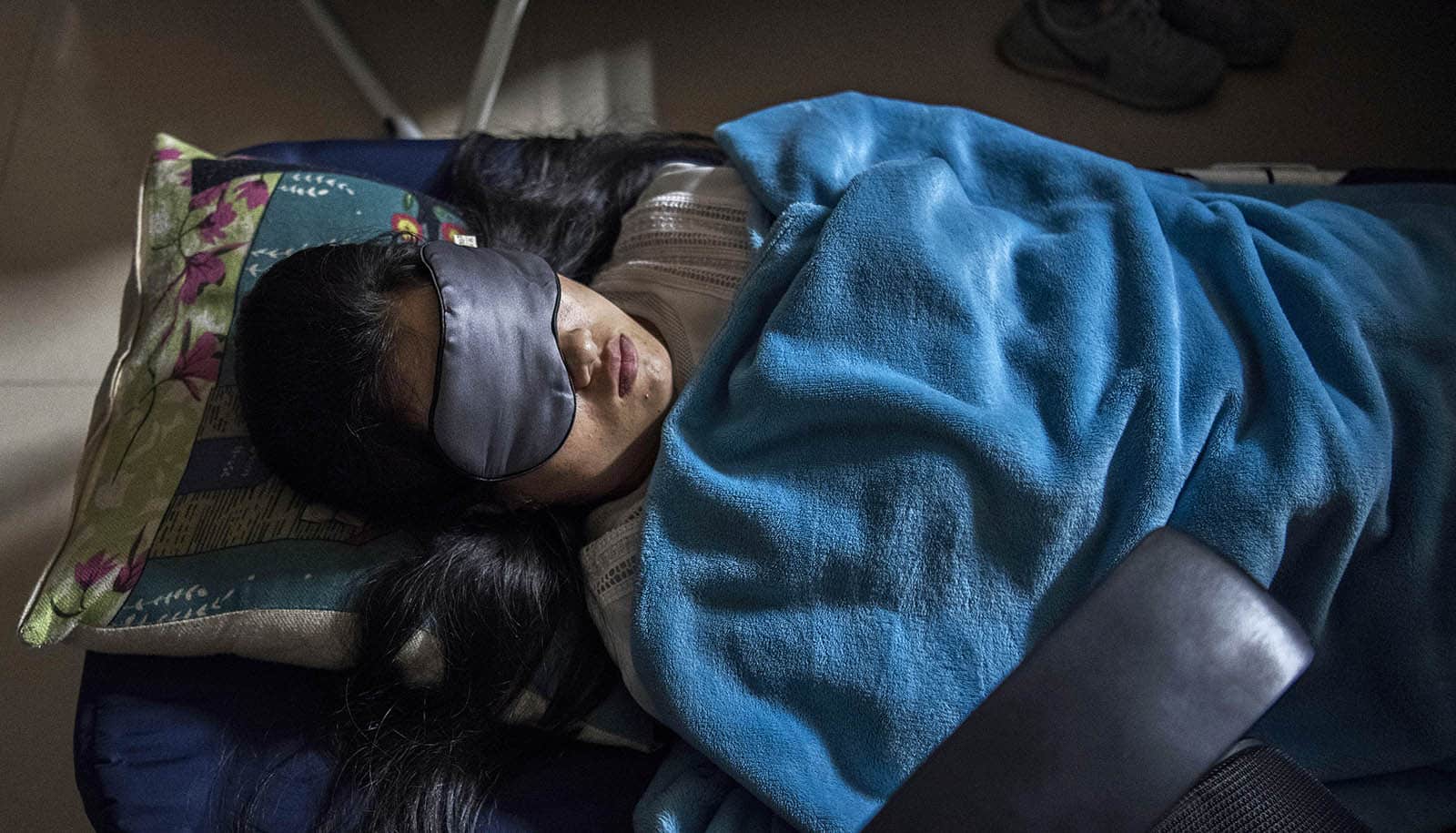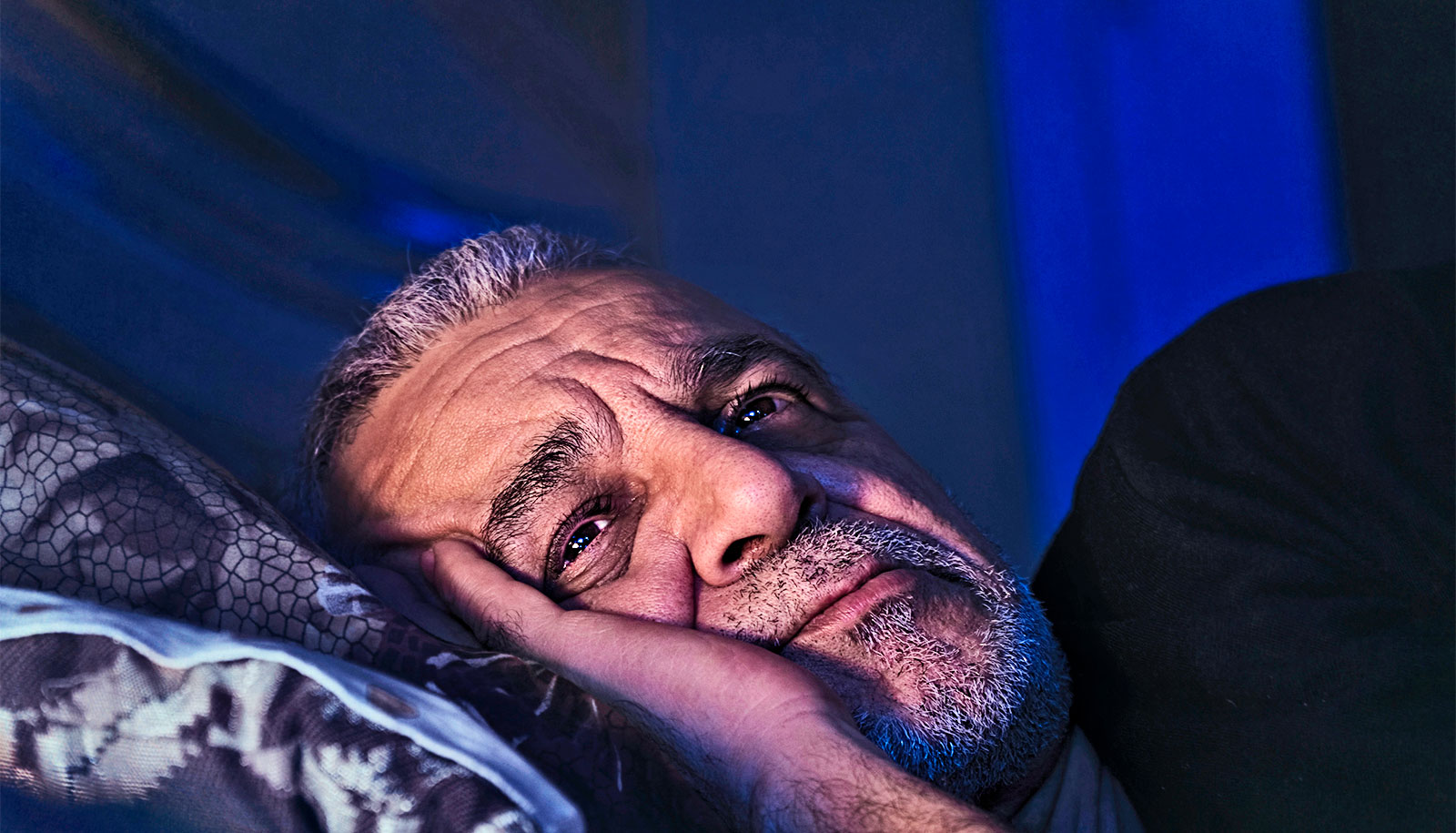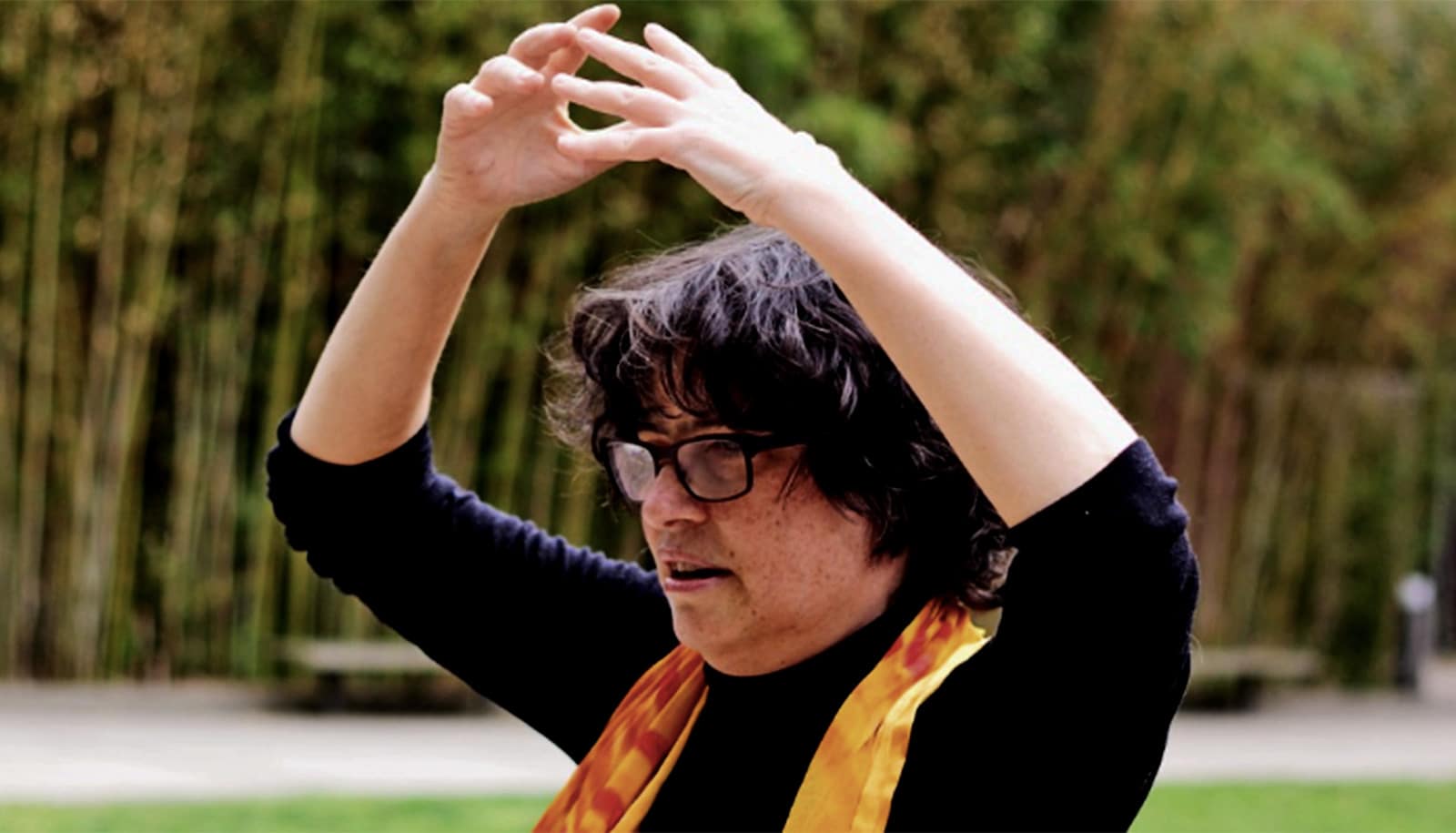People in Asia go to sleep later and have shorter sleep as well as lower sleep quality than those in other parts of the world, a study finds.
Additionally, the study finds that their sleep during the work week is more variable and they do not extend their sleep as much at the weekend.
This finding surfaced after professor Michael Chee, Adrian Willoughby, and their team of researchers from the Centre for Sleep and Cognition at the Yong Loo Lin School of Medicine, in partnership with Oura Health Oy of Finland, analyzed 50 million nights of anonymized sleep data, contributed by over 220,000 users of the Oura Ring, a consumer sleep tracker, from across 35 countries.
Most of the users were working adults between 30 and 55 years old. To provide a comprehensive analysis of sleep measures for each user, the team gathered sleep data from multiple nights across a whole year—on average, each user contributed 242 nights of data. Weekday and weekend sleep were analyzed separately to assess the impact of the working week on sleep patterns.
Previous studies have shown that shorter sleep duration is usually associated with higher sleep efficiency as people try to make the most of their sleep opportunity; however, in this study, despite sleeping less, people in Asia also had lower sleep efficiency. This may be because factors that result in short sleep (e.g., work-related anxiety) also lead to lower quality sleep.
People often sleep for longer at the weekends than during the week, a phenomenon called weekend sleep extension. While there was a clear association between shorter weekday sleep and longer weekend sleep extension, suggesting that people caught up on sleep at the weekend, even after accounting for this, people in Asia had the shortest weekend sleep extension.
While there are many socio-cultural factors that affect sleep patterns, the team hypothesizes that because it plays such a fundamental role in our lives, work (and the broader work culture) is one of the most influential factors affecting how we sleep. Previous evidence from time use studies have demonstrated a strong association between long work hours and short sleep. Additionally, there is evidence that preoccupation with work demands and the inability to stop thinking about work contribute to sleep disturbances.
Willoughby, senior research fellow at NUS Medicine’s Centre for Sleep and Cognition, says, “In Europe, weekends are generally considered time for relaxation, and engaging in social activities with friends and family. In Asia, however, people may use the weekends to catch up on work, do the things they didn’t have time for during the week, or attend to more family responsibilities. We think that longer working hours and the difference in work culture in Asia means that people don’t catch up on sleep as much at the weekends, but try to catch up whenever they have the opportunity over the course of the week.”
Chee, director of the Centre for Sleep and Cognition at NUS Medicine says, “Access to such a large dataset has allowed us to have unique insights into global sleep patterns. This research enables us to work towards our goal of giving customized sleep advice that considers individual sleep needs, environment factors, and larger socio-cultural pressures that affect sleep. We want people to practice sleep routines that fit different contexts, but also promote health, well-being, and performance.”
The study appears in the journal Sleep Medicine.
Source: NUS



